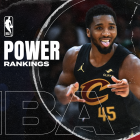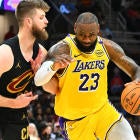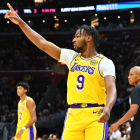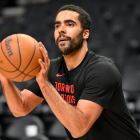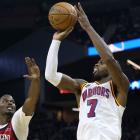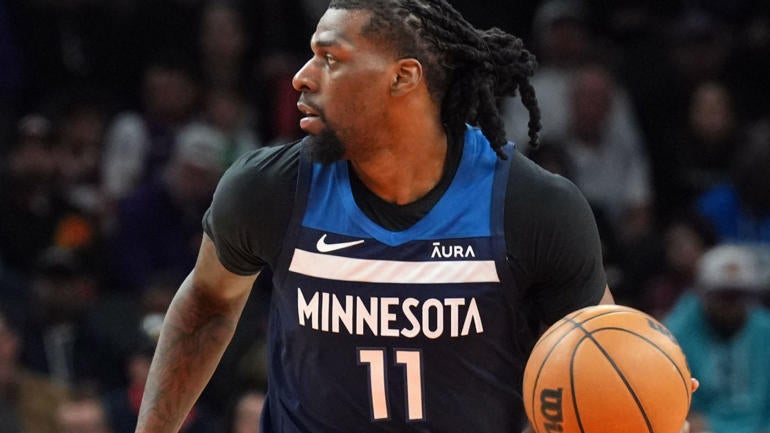
The NBA's Sixth Man of the Year award seems relatively straightforward on first glance. In theory, it is meant to go to the league's best bench player. Lately, however, the exact definition of "sixth man" has come into question. The league's only guideline is that a player must start fewer games than he comes off of the bench, but where is the practical line? Last season's race between Malcolm Brogdon and Immanuel Quickley is a textbook example of that debate. Brogdon did not start a single game all season. Quickley started 21, and many of his best games, and the ones that helped shift the odds in his favor, began with him on the floor rather than the bench.
Quickley supporters argued that part of a bench player's value could be measured in their ability to step into a bigger role when called upon. This is, in essence, what Naz Reid has done lately with Karl-Anthony Towns sidelined.
The Timberwolves are now 10-5 since Towns, one of Minnesota's two All-Stars this season, suffered a torn meniscus. Entering Sunday's win over the Los Angeles Lakers, Reid had started 11 games during Towns' absence and averaged more than 18 points and seven rebounds per contest. The Timberwolves largely haven't missed a beat without Towns because Reid has so convincingly mimicked his skill set. Towns frequently calls himself the best shooting big man in NBA history. This season, their shooting numbers are nearly identical. Towns is making 42.3% of his 3-pointers. Reid is making 41.8%. On a per-minute basis, Reid is both attempting and making more of them.
Minnesota's entire model for success relies on overpowering opponents with size without sacrificing spacing out of the power forward slot. There are only a handful of players in all of basketball who can check both boxes like Reid can. Having him on their roster might be the difference between a No. 1 and No. 3 seed for the Timberwolves. The bookmakers have taken notice. After spending most of the season as both a reserve and a long shot in the Sixth Man of the Year race, Reid has nearly pulled even with favorite Malik Monk thanks in large part to what he has done as a starter.
Monk, like Brogdon a season ago, did not start a single game this season. He comes far closer to fitting the traditional Sixth Man of the Year archetype. Roughly half of the time, the award's winner happens to be that season's leading bench scorer. Monk isn't quite there, but he's in that ballpark. More often than not, that player is a guard. Their skill sets, specifically, tend to be more valuable off of the bench than they are in starting lineups, which typically have enough raw scoring on the kinds of good teams that tend to produce award winners. Perhaps that has conditioned voters to look for them over more versatile candidates. Andre Iguodala never won this award and he might be a Hall of Famer one day.
As you'd expect, Monk has the edge when it comes to counting stats. He averages around two more points per game and is a much more valuable playmaker. Reid has the plus-minus edge. Minnesota had won Reid's minutes by 269 points entering Sunday. The Kings were a paltry +10 on the season with Monk on the floor. To some extent that's roster-dependent, but he still ranks 10th on his own team. Though by no means an All-Defense candidate, Reid is the far superior defender. Defense rarely factors into this award, but fitting in on a No. 1-ranked unit has to mean something.
Brogdon beat out Quickley a year ago but he also had the seeding advantage. This time, the roles are reversed. The full-time reserve played for a team that is likely now play-in bound. The spot starter is essential to one of the NBA's best teams. The reality in a race this close is that voters are going to look for narrative factors that make their decision easier. Reid filling in for Towns and protecting Minnesota's top seed would certainly fit the bill even if, ironically enough, it would come without him actually serving as a Sixth Man.










